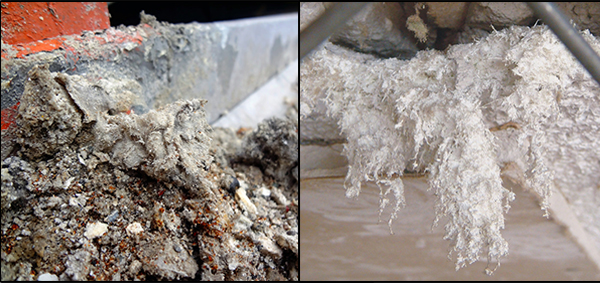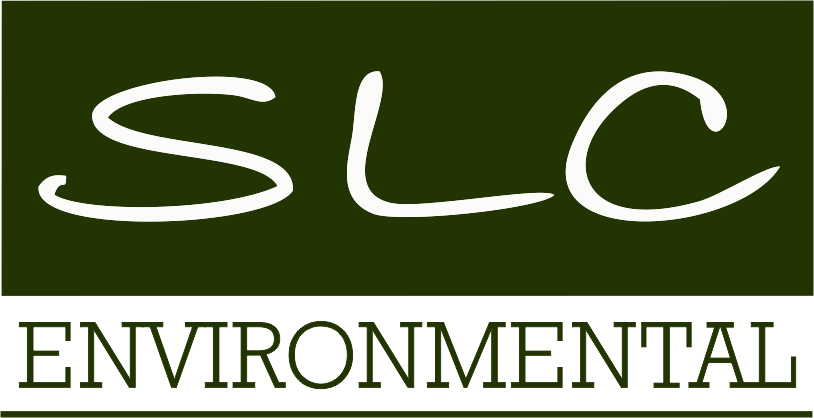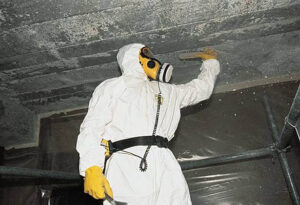Friable vs. Non-Friable Asbestos: Understanding the Risks
Friable vs. Non-Friable Asbestos: Understanding the Risks

What is Asbestos?
Asbestos is a naturally occurring mineral known for its heat resistance and fire retardant properties. Unfortunately, it's also a serious health hazard. When inhaled, asbestos fibers can lodge in the lungs and cause a variety of health problems.
Understanding Friability
The term "friable" refers to the ease with which a material can crumble and release asbestos fibers into the air. This is a crucial factor in determining the risk posed by asbestos-containing materials (ACMs).
-
Friable Asbestos:
- This is the most dangerous form of asbestos.
- Friable ACMs contain at least 1% asbestos by weight and can be easily crushed by hand when dry.
- Examples include spray-on fire retardants, thermal pipe insulation, and some soundproofing materials.
- Due to their loose composition, friable ACMs readily release asbestos fibers when disturbed, posing a significant health risk.
-
Non-Friable Asbestos:
- Non-friable asbestos is more tightly bound within the material, making it less likely to release fibers.
- These materials can contain up to 15% asbestos but are more resistant to damage from abrasion or crushing.
- Examples include vinyl floor tiles, textured paint, and certain types of corrugated roofing.
- While posing less immediate risk, non-friable ACMs can become friable over time due to wear and tear, so caution is still advised.
Health Risks of Asbestos Exposure
The severity of health problems from asbestos exposure depends on the amount inhaled and the duration of exposure. Individuals with pre-existing lung conditions or smokers are particularly at risk. Here are some of the concerning diseases:
- Asbestosis: A chronic, non-cancerous lung disease that causes scarring and reduces lung elasticity, leading to breathing difficulties.
- Lung Cancer: Exposure to asbestos significantly increases the risk of lung cancer, often developing 15-35 years after initial exposure.
- Mesothelioma: A rare form of cancer affecting the lining of the lungs, chest, abdomen, or heart. Individuals who work directly with asbestos have a higher risk.
Mitigating Asbestos Risks
If you suspect asbestos may be present in your home or business, professional testing is crucial. SLC Environmental Inc. provides comprehensive asbestos testing and removal services to ensure your safety. Do not attempt to handle asbestos yourself.
SLC Environmental Inc. is Here to Help:
Our team of certified restoration experts is available 24/7 to assist with asbestos cleanup. We understand the urgency of these situations and prioritize minimizing disruption to your life. Contact SLC Environmental Inc. today for a consultation and professional guidance. We can help you navigate the process and ensure the health and safety of yourself, your family, and anyone involved in your project.


